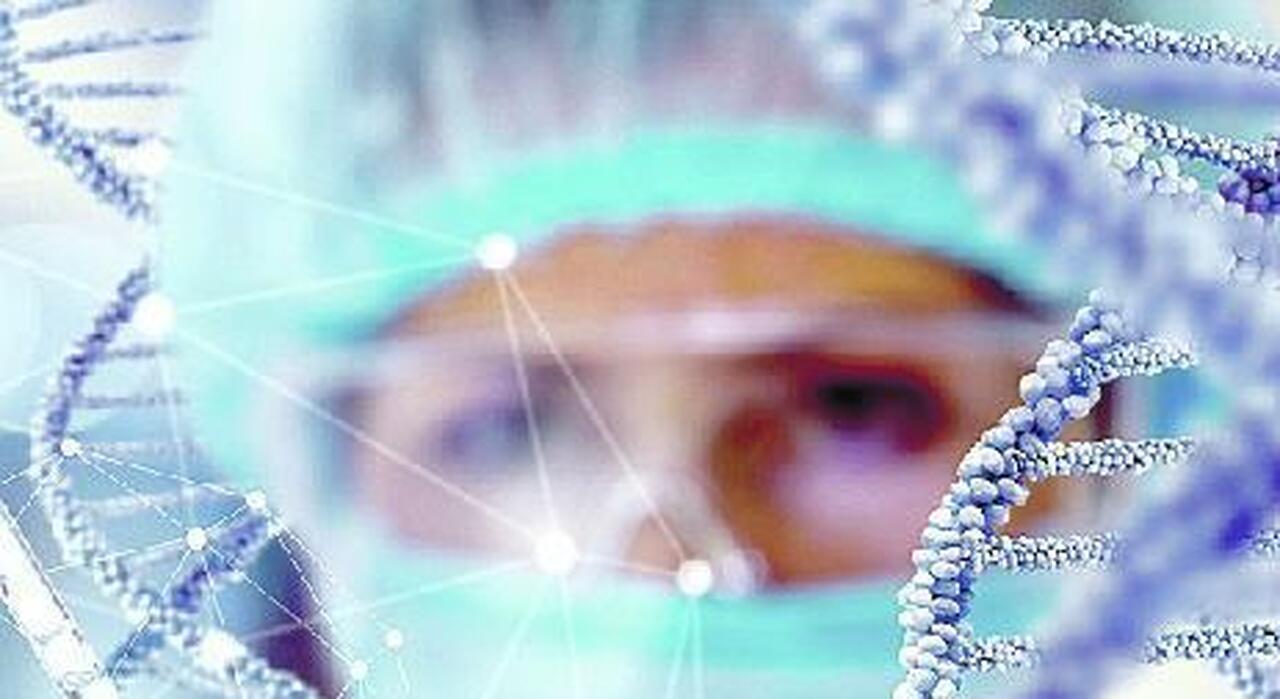Time doesn’t seem to flow the same way for everyone. In fact, there are 60-year-olds who look or feel like 40-year-olds or 30-year-olds who look or feel like 50-year-olds. This is because chronological age does not always reflect a person’s biological age. But if for the first it is enough to make a simple mathematical calculation starting from the date of birth, to quantify the biological age of a person you need to look more in depth.
Walnuts to lose weight on the stomach, reduction of the waistline by -2.20 cm: how many should you eat per day. All the benefits of dried fruit
BEHAVIORS
Because biological age is nothing more than “the accumulation of damage that we can measure in our body”, explains Andrea Britta Maier, co-director of the Center for Healthy Longevity at the National University of Singapore. This damage comes from natural aging, as well as our environment and behaviors.
Just over 10 years ago Steve Horvath, professor of human genetics and biostatistics at the University of California, Los Angeles, proposed using a “clock” based on epigenetics, the science that studies the molecular changes in our DNA that they turn various genes on and off.
Horvath analyzed these changes in thousands of people and developed an algorithm to determine how they correlate with age. These changes occur naturally as we age, but they can also be accelerated by behaviors that affect health, such as smoking and excessive alcohol consumption. As a result, estimates of biological age have been shown to be associated with factors such as life expectancy and health.
Cholesterol, the foods at greatest risk of increasing values. The expert: «They can influence the development of heart attacks and strokes»
THE CALCULATION
Today there are a myriad of tests on the market that promise to calculate biological age, but currently they are not very reliable and accurate.
Experts warn that epigenetic clocks can’t actually tell us much about our health. That’s because they were designed to evaluate large groups of people, not individuals. As a result, their results can be unreliable. Another problem with the tests is that it’s not clear what to do with the results.
Scientists don’t know how to reverse someone’s biological age, or whether this is even possible. This is partly why epigenetic clocks were developed. The researchers hope to use them in clinical trials to understand which anti-aging interventions can actually affect a person’s biological age. Epigenetic clocks aren’t the only products on the market that promise to measure biological age.
Some companies offer a panel of conventional blood tests, such as cholesterol or glycated hemoglobin, a marker of diabetes. They say that because many of these numbers increase with advancing age, they can be used as an indicator of a person’s biological age. For example, if you are 45 years old but your cholesterol levels look more like those of the average 50-year-old, your test results may indicate that your biological age is older than 45.
Brain under attack: from neuro-Covid to lifestyles to reduce damage
SUGAR
Whether blood marker tests actually take into account biological age rather than general health is still a matter of debate. But an advantage of this type of test is that it measures factors that can be changed.
We know how to lower blood sugar levels through, for example, medications and lifestyle changes. On the contrary, epigenetic age is currently more of a black box, useful for research and little for daily life. At least for now.
© ALL RIGHTS RESERVED
